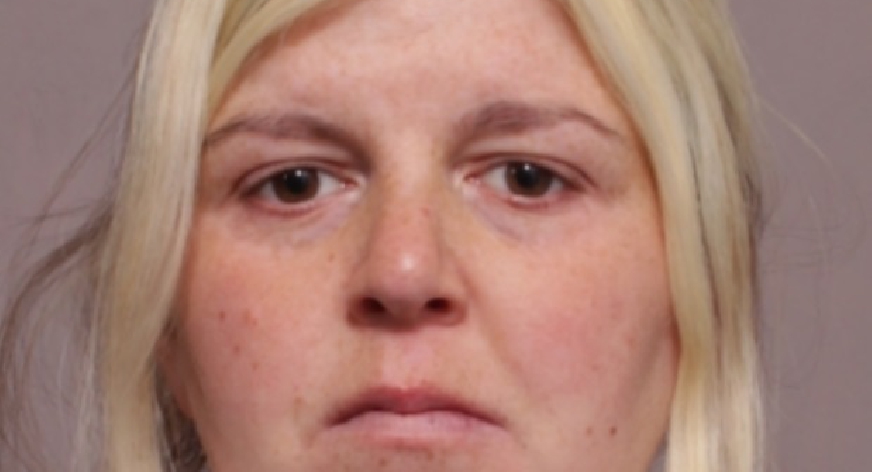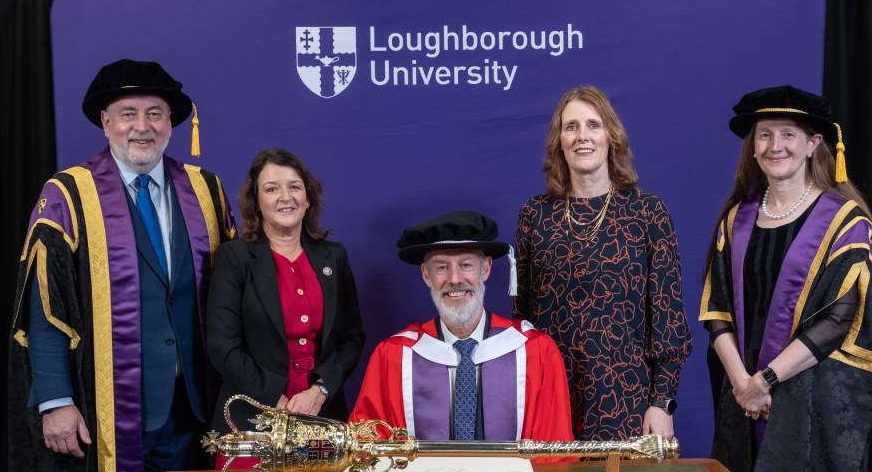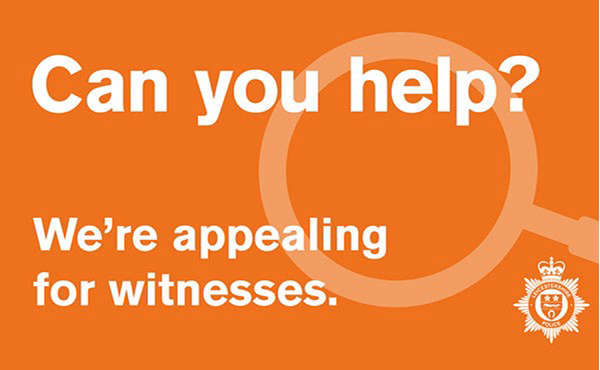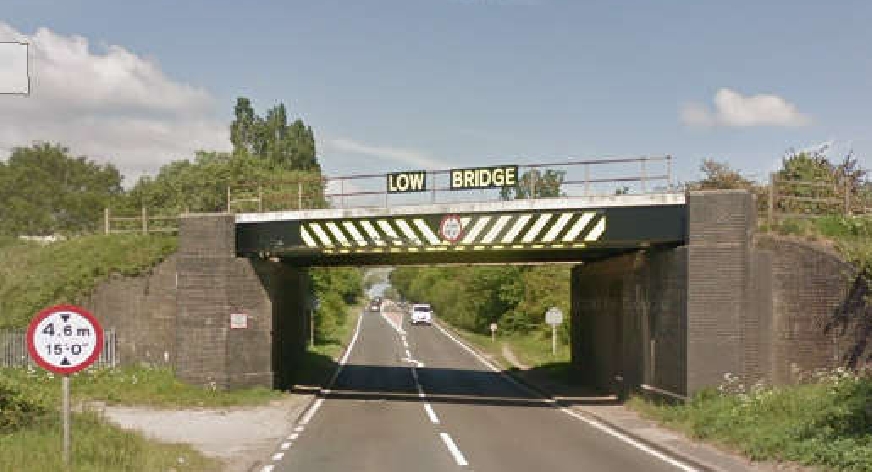
Hannah Cobley was found guilty of killing her 32 week old girl back in 2017.
*Warning: this article contains some distressing details*
The Court of Appeal rejected Cobley's appeal to admit fresh evidence.
Her defence team claimed Cobley was suffering from symptoms of a moderately severe depressive disorder with features of complex post-traumatic stress disorder. This, it was claimed, presented grounds for diminished responsibility.
This was rejected by Lady Justice Macur, sitting with Mr Justice May and Mrs Justice Foster.
They acknowledged the new psychological evidence but ruled that Cobley's internet searches meant, 'she was conscious of what was happening and looking for advice in 'managing the situation.'
Initial Trial
In 2019, 29-year-old Hannah Cobley was convicted of the murder of the baby girl, born at 32-weeks, following a four-week trial at Leicester Crown Court.
She was sentenced to a minimum of 18 years in prison.
The body of the baby was found by police outside at the property where Cobley was living, in Stoney Stanton, Leicestershire, on Sunday 30 April, 2017.
The baby had been born on Wednesday 26 April, 2017.
A medical examination at the hospital discovered that Cobley had been pregnant but she continued to deny any knowledge of and the police were contacted. A search of her home was carried out by police as a result.
Cobley later admitted to a relative that she had given birth to a baby in an outdoor toilet. She said the baby had not moved, so she had wrapped her in a plastic bag and placed her on disused ground behind a shed at the property. This information was passed onto the police and following a further search, the body of the baby was found.
An early examination carried out on the baby girl determined that she had been alive. It also showed she had suffered three skull fractures, that there had been an indication of an object forced into her throat and she had suffered from various cuts and bruises.
Cobley was interviewed in which she said she had given birth and that the baby was not crying or moving. She said she had then put the baby into a plastic bag and placed the baby in the garden. She said she had not done anything to check if the baby was alive and denied doing anything which could have caused harm to the baby.
As part of the investigation, Cobley’s mobile phone was examined. This showed searches had been carried out which included searches relating to pregnancy, a ’32 week baby’, ‘signs of stillbirth’, how long a baby can survive without being fed and what happens when a newborn baby is dropped.
Following further enquiries, Cobley was interviewed again in August last year in which she denied carrying out any actions, accidental or otherwise, that might have led to the injuries suffered by the baby.


 Do you recognise these people?
Do you recognise these people?
 Unwanted bikes needed to give to Leicestershire’s young people a chance to learn to cycle
Unwanted bikes needed to give to Leicestershire’s young people a chance to learn to cycle
 Charnwood Borough Council’s draft budget open for consultation
Charnwood Borough Council’s draft budget open for consultation
 Parkrun founder awarded honorary degree by Loughborough University
Parkrun founder awarded honorary degree by Loughborough University
 Fatal collison on A46 - Appeal for witnesses or dashcam footage
Fatal collison on A46 - Appeal for witnesses or dashcam footage
 Fresh appeal for information to find missing Loughborough student
Fresh appeal for information to find missing Loughborough student
 Britain’s most-bashed bridge is in Hinckley
Britain’s most-bashed bridge is in Hinckley







